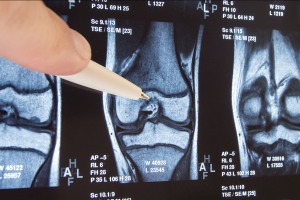The residency program at Brown University’s Orthopaedic Surgery is comprehensive and provides world-class education with all sites in Rhode Island and within 20 minutes of each other. The primary education sites are at Rhode Island Hospital and the Miriam Hospital Hospital, both in Providence, and the Kettle Point office and surgical center in East Providence. There is no need for “away rotations” to complete the resident experiences in any of the orthopaedic subspecialities.
Intern (PGY-1) rotations are 4 weeks long and are collaborative with the Departments of General Surgery, Neurosurgery, Anesthesia and Radiology. Starting PGY-2 year, all rotation blocks are 2 months in duration. All Orthopaedic subspecialties are covered.
